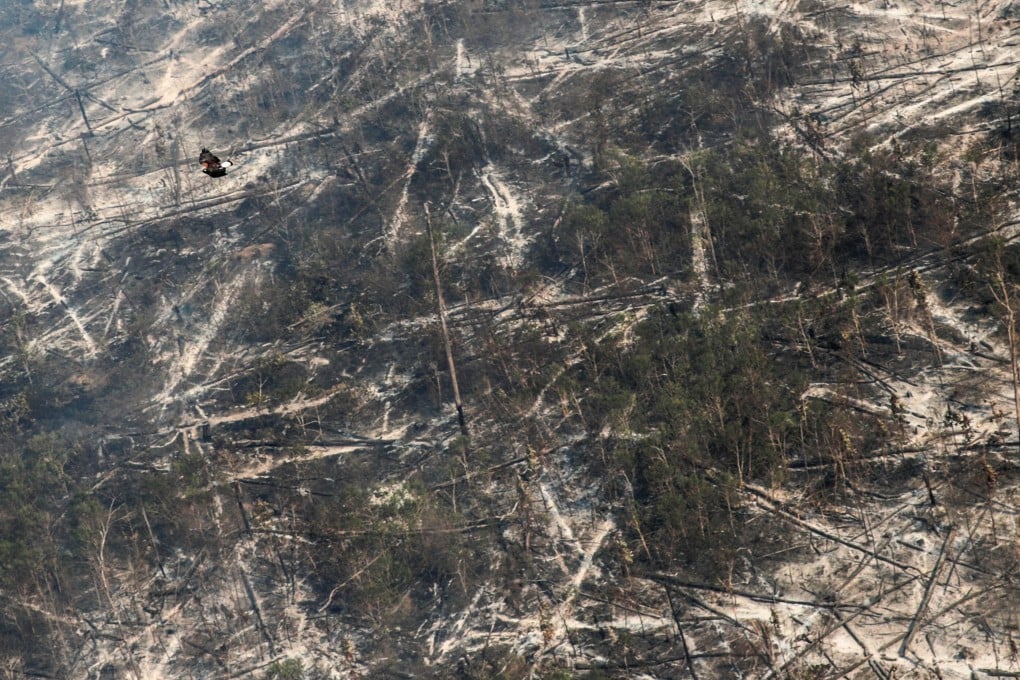Advertisement
The View | The rich world isn’t helping the developing world decarbonise. Time for carbon markets to step in
- Amid climate inaction, a voluntary carbon market where companies and individuals pay for tree planting and renewable energy projects has sprung up
- Through these markets, the developed world can and should pay communities in the developing world to stop cutting down forests and switch to renewables
Reading Time:4 minutes
Why you can trust SCMP
4

The world is hotter, fires are more intense, sea levels are rising and extreme weather is more frequent. We all know we must do everything we can to fix our climate, and fast.
The UN has met annually since 1995 to discuss climate change and meets again in November in Glasgow, but all the talking has not translated into the global action needed to change the climate trajectory.
What could possibly explain this? The wealthy nations in the Global North acted quickly to bail out banks during the global financial crisis of 2008 and their economies during the Covid-19 pandemic, through quantitative easing and stimulus measures.
Advertisement
The argument that we can’t afford to address climate change, to pay people to sequester carbon, and to stop people from burning carbon, doesn’t hold up.
In fact, a voluntary carbon market where companies and individuals pay for tree planting and renewable energy projects in return for carbon credits has sprung up in spite of government inaction to address climate change.
Advertisement
And the regulated carbon market in Europe is not only driving decarbonisation there but also threatening to do so elsewhere, through a proposed carbon border tax.
Advertisement
Select Voice
Choose your listening speed
Get through articles 2x faster
1.25x
250 WPM
Slow
Average
Fast
1.25x
